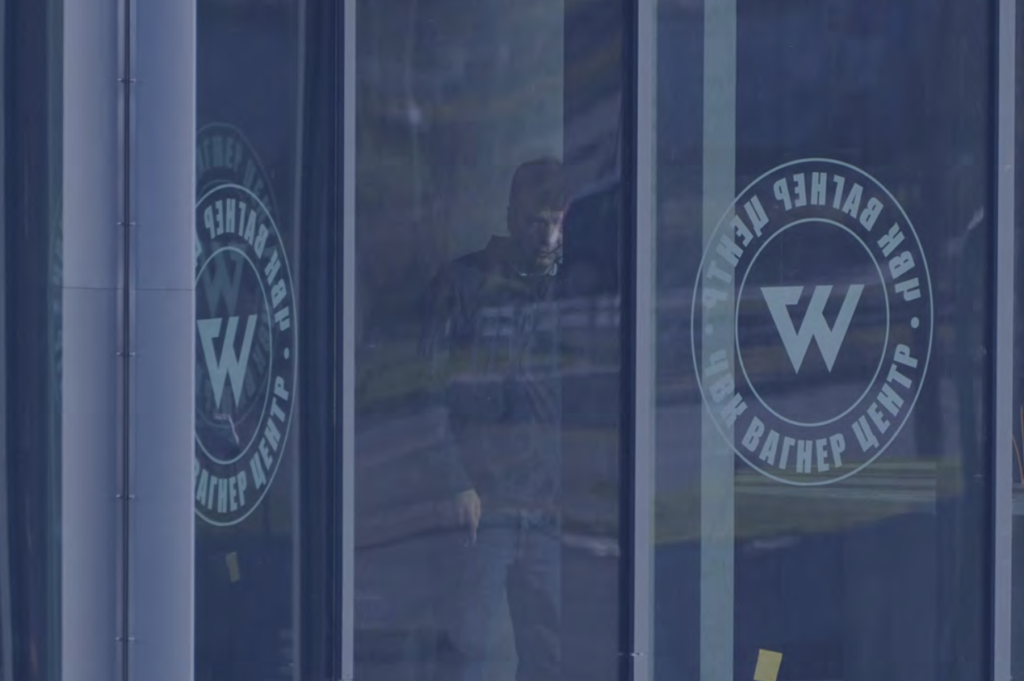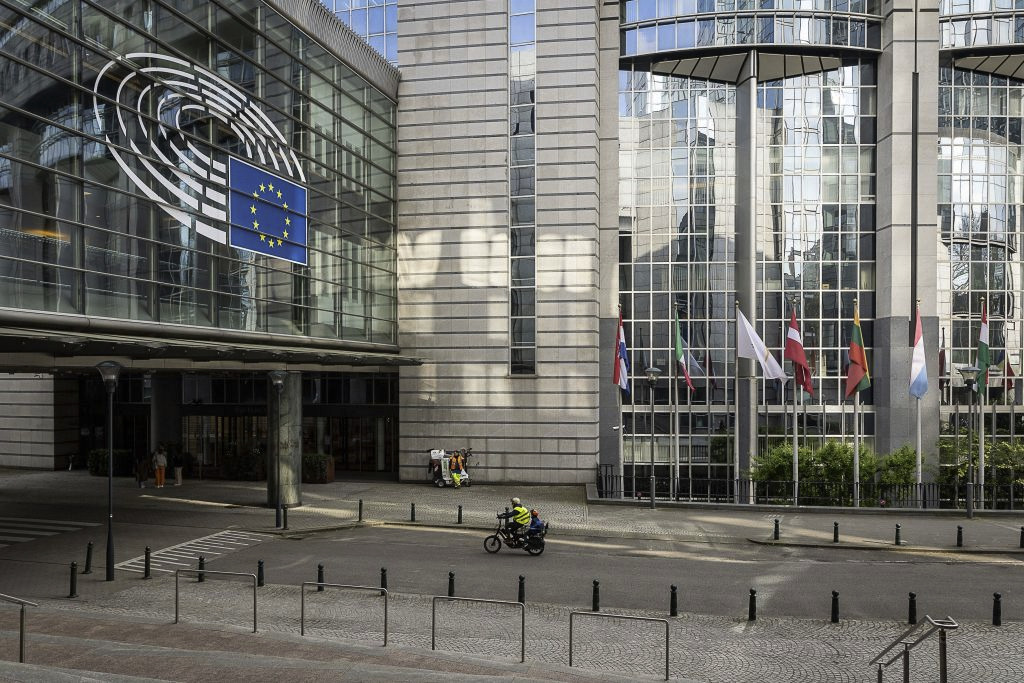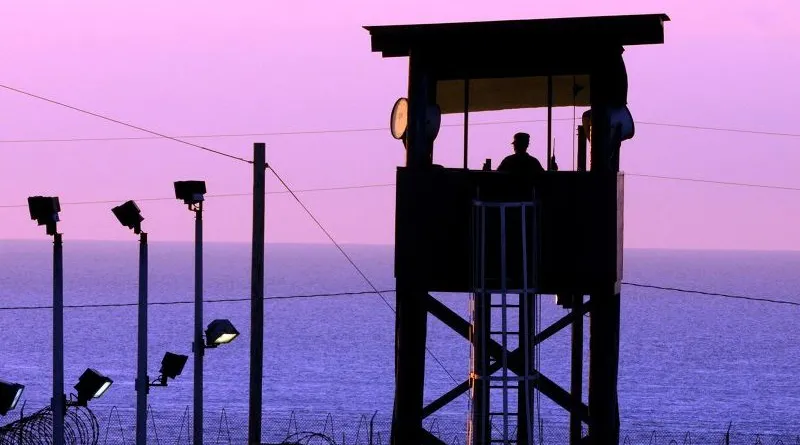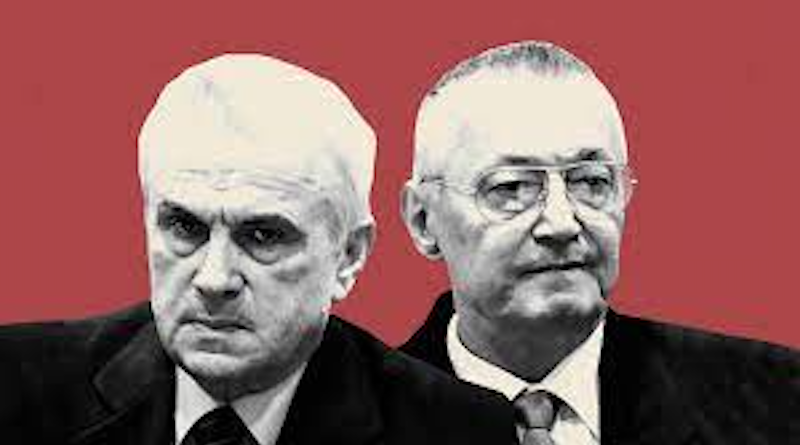TRANSMUTATIONS OF THE LOGOS IN POSTMODERN SOCIETY
Stages of diurn: from logos to logistics
Let us trace the fate of the logos in Postmodernity. It is extremely important to always remember that the logos is one of the manifestations of the heroic myth , that is, the product of the diurna regime (according to J. Durand’s classification)). And not unique and not absolute. Logos includes the antithetical and pleonasmic sides of the heroic myth (heterogenizing homogenization) and brings them to the last limit. But at the same time, it leaves in the myth (in the unconscious) such aspects of diurn as a direct mad will to power, passionarity and hyperbolization. Of course, these aspects of the diurna – relatives of the logos – penetrate the logos, but not explicitly , but due to the inertia of the heroic myths’ attraction to each other (that is, not logically).







